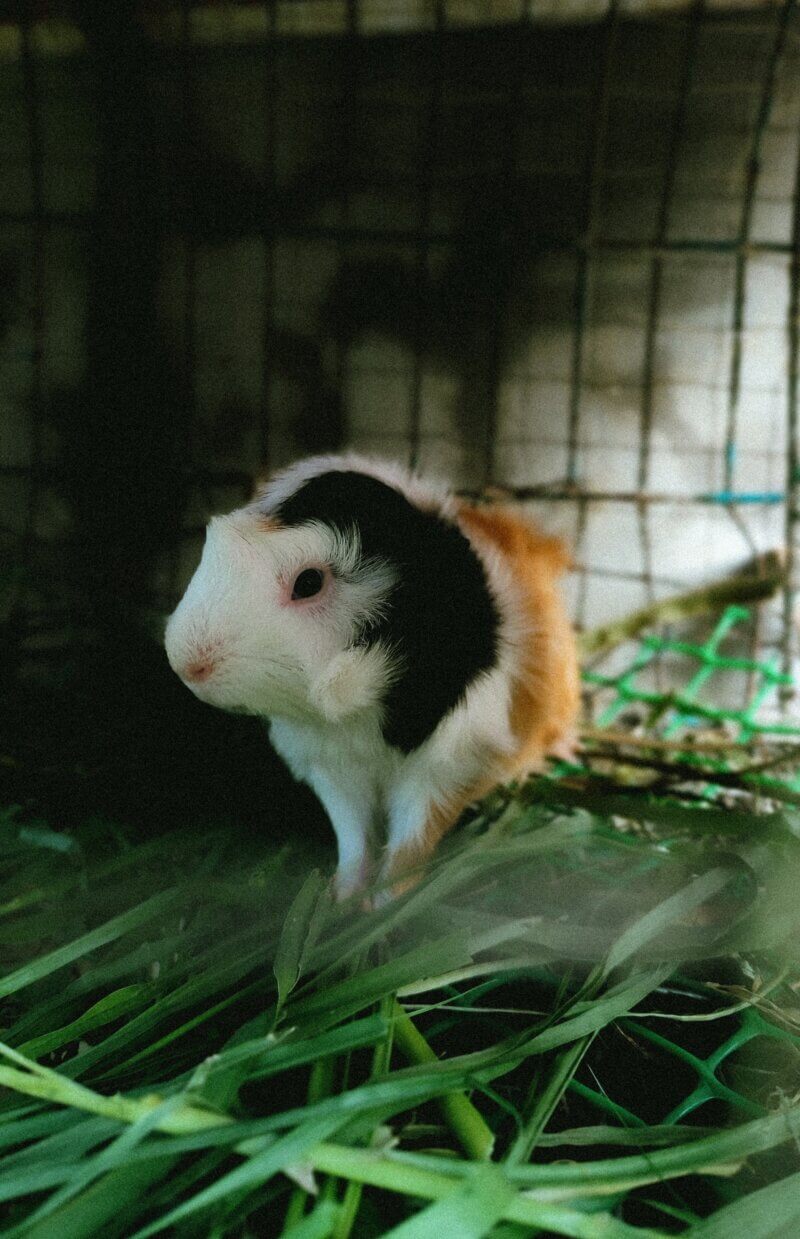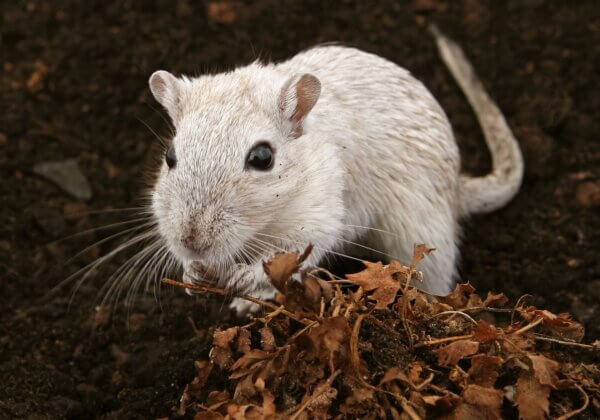In Honour of Gandhi Jayanti, PETA India Offers Free Simulation Software to India’s Pharmacology Educators
As part of its vigorous campaign to replace the use of animals in teaching and training across the country, PETA India is teaming up with Simcology to offer the company’s eponymous virtual animal simulation software for free to educators for Gandhi Jayanti and beyond. The groundbreaking collaboration will allow pharmacology students to conduct experiments using computer-assisted, interactive learning methods while sparing the lives of countless mice, guinea pigs, rabbits, and other animals.
Mahatma Gandhi famously opposed vivisection, the practice of conducting experiments on animals. He said, “I abhor vivisection with my whole soul. I detest the unpardonable slaughter of innocent life in the name of science and humanity so-called, and all the scientific discoveries stained with innocent blood I count as of no consequence.”
The software will help replace experiments where animals may be forced to inhale or consume chemicals or be deliberately infected with diseases and mutilated then killed via suffocation or neck dislocation.
Request your free software today!
Following efforts by PETA India, progressive scientists, and others, the University Grants Commission banned the use of animal dissection in life sciences and zoology courses and the Medical Council of India (now the National Medical Commission) and Pharmacy Council of India prohibited the use of animals to train undergraduate medical and pharmacy students – favouring non-animal techniques instead. In 2022, the National Medical Commission revised its guidelines for postgraduate pharmacology curricula, recommending the use of several non-animal teaching and training methods and no longer making certain routine laboratory experiments on animals mandatory.
Research shows that a significant number of students at every educational level are uncomfortable with the use of animals in dissection and experimentation, and some even turn away from scientific careers rather than violate their principles. In addition, computer software programmes can be used repeatedly, which saves time and money and helps maintain ecological balance by sparing animals’ lives.









